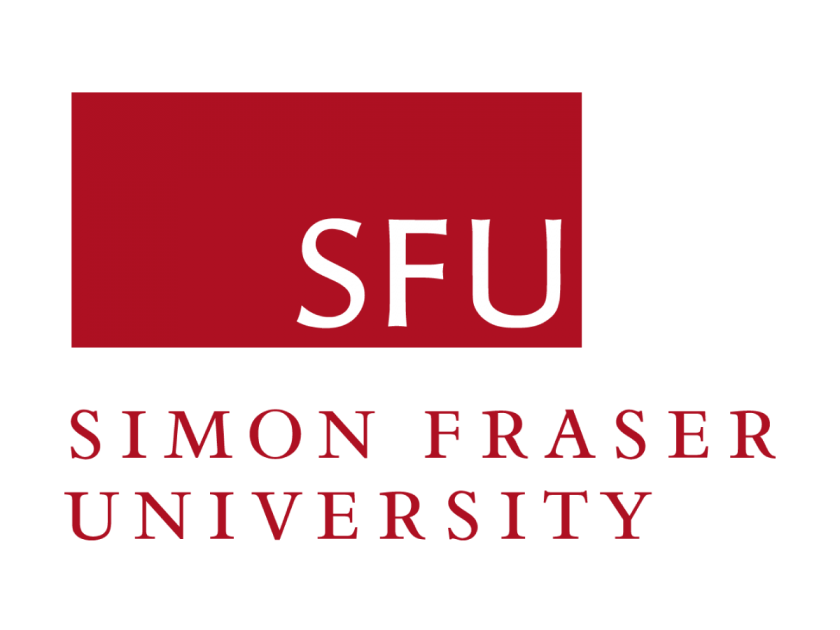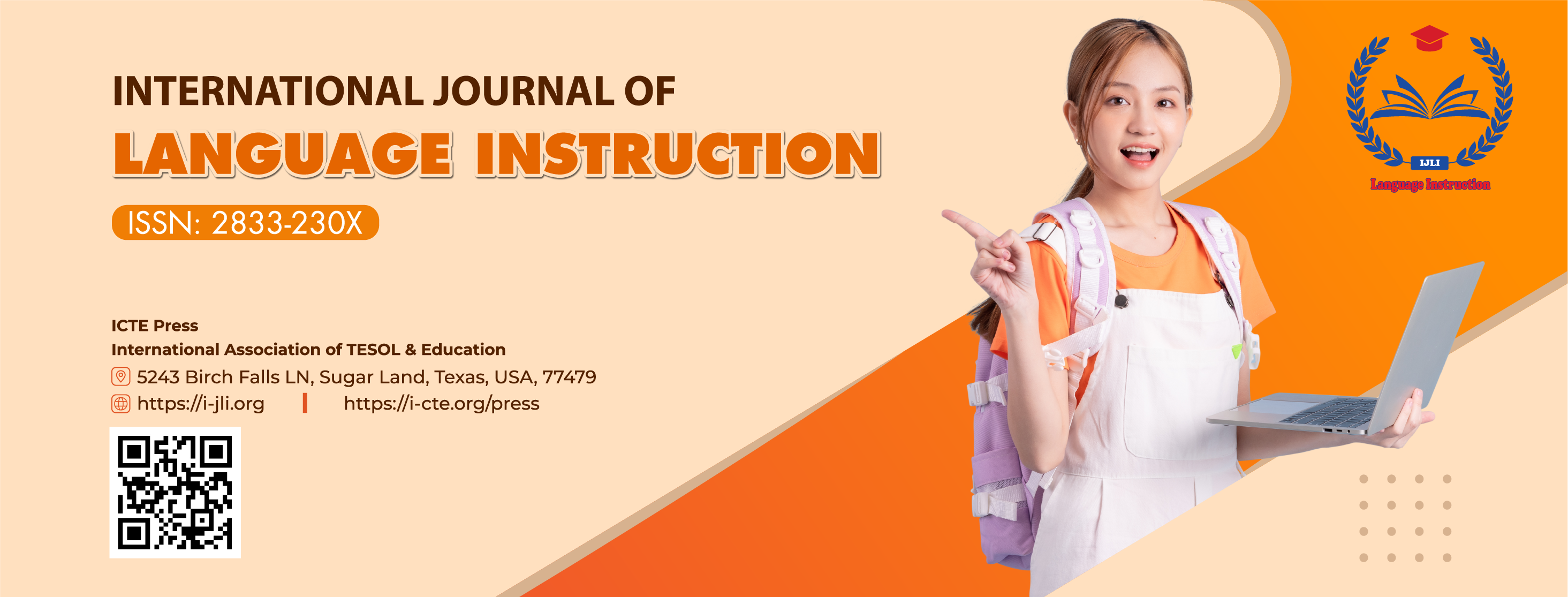Problems with Academic Writing Encountered by EFL Postgraduate Students at a University in the Mekong Delta
DOI:
https://doi.org/10.54855/ijli.24311Keywords:
academic writing, problems, postgraduate studentsAbstract
This small-scale survey aimed to investigate the frequent problems of EFL postgraduate students in academic writing. The subjects were 37 postgraduate students studying theand methodology of English language teaching major at a University in the Mekong Delta. Questionnaires and semi-structured interviews were used to gather the data in this study. The results of the questionnaires suggest that reference and citation, coherence and cohesion, plagiarism and paraphrasing, lexical, and grammatical problems are EFL postgraduate students' problems in academic writing. The results from semi-structured interviews indicated a variety of factors contributed to those problems. They are the difference between English and their mother tongue, lack of academic writing knowledge and experience, lack of understanding of the topic, and reference material. Realizing the existence of problems, EFL postgraduate students can find ways to overcome them. Besides that, lecturers and instructors can base on the problems and the reasons for problems to use appropriate teaching methods, approaches, and styles to support EFL postgraduate students in academic writing and minimize their problems.
References
Abdulkareem, M. N. (2013). An investigation study of academic writing problems faced by Arab postgraduate students at Universiti Teknologi Malaysia (UTM). Theory and practice in language studies, 3(9), 1552. https://doi:10.4304/tpls.3.9.1552-1557
Aguieb, F., & Bouaziz, S. (2017). I am investigating EFL students' problems in using coherent and cohesive devices in academic writing from a discourse analysis perspective. [Master's thesis, Larbi Ben M'hidi University]. http://bib.univ-oeb.dz:8080/jspui/bitstream/123456789/3819/1/memoire%20final%202017.pdf
Ahmed, A. H. (2010). Students' problems with cohesion and Coherence in EFL essay writing in Egypt: Different perspectives. Literacy Information and Computer Education Journal (LICEJ), 1(4), 211-221.
Al-Fadda, H. (2012). Difficulties in academic writing: From the perspective of King Saud university postgraduate students. English Language Teaching, 5(3), 123-130. http://dx.doi.org/10.5539/elt.v5n3p123
Al-Khairy, M. A. (2013). Saudi English-Major Undergraduates' Academic Writing Problems: A Taif University Perspective. English Language Teaching, 6(6), 1-12. http://dx.doi.org/10.5539/elt.v6n6p1
Al-Khasawneh, F. M. S., & Maher, S. (2010). Writing for academic purposes: Problems faced by Arab postgraduate students of the college of business, UUM. ESP World, 9(2), 1-23.
Al-Mukdad, S. (2019). Investigating English academic writing problems encountered by Arab International University students. Theory and Practice in Language Studies, 9(3), 300-306. http://dx.doi.org/10.17507/tpls.0903.07
Aldabbus, S., & Almansouri, E. (2022). Academic writing difficulties encountered by university EFL learners. British Journal of English Linguistics, 10(3), 1-11.
Alharbi, N. S. M. (2017). An investigation into the academic writing: Difficulties of Saudi Postgraduate Students. [PhD's thesis, The University of Exeter]. https://ore.exeter.ac.uk/repository/bitstream/handle/10871/33113/AlharbiN.pdf?sequence=1.
Amiri, F., & Puteh, M. (2017). Error Analysis in Academic Writing: A Case of International Postgraduate Students in Malaysia. Advances in Language and Literary Studies, 8(4), 141-145.
Anh, N. H. M., Yen, N. H., Tho, N. T. Y., & Nhut, L. M. (2022). Grammatical errors in academic writing of English second-year students. European Journal of English Language Teaching, 7(6). http://dx.doi.org/10.46827/ejel.v7i6.4547
Arunsamran, P., Authok, R., & Poonpon, K. (2011). English academic writing problems of a Thai graduate student. Interdisciplinary Discourses in Language and Communication, 21.
Atashian, S., & Al-Bahri, K. (2018). Towards Arab Students' Grammatical Errors in Academic Writing & their Perceptions. Arab World English Journal (AWEJ), 140-145. https://dx.doi.org/10.24093/awej/MEC1.10
Basir, H., Abdullah, E., & Zaiyadi, Z. A. (2015). Lexical errors in English for academic purposes (EAP) students' essays. Proceeding of the 2nd International Conference on Management and Muamalah (No. 2ndICoMM).
Boyatzis, R. E. (1998). Transforming qualitative information: Thematic analysis and code development. California: Sage publications.
Creswell, J. W., & Creswell, J. (2017). Research design Qualitative, Quantitative, and Mixed Methods Approaches. Los Angeles: Sage publications.
Fahmida, B. (2010). Bangladeshi tertiary level students' common errors in academic writing. [Master thesis, BRAC University]. http://dspace.bracu.ac.bd/xmlui/bitstream/handle/10361/252/08163004.PDF.
Fraenkel, J. R., Wallen, N. E., & Hyun, H. H. (2012). How to design and evaluate research in education (Vol. 7, p. 429). New York: McGraw-Hill.
Geyte, E. V. (2013). Writing: learn to write better academic essays. UK: Collins.
Ibrahim, M. M. M., & Ibrahim, A. I. (2020). An analysis of grammatical errors in academic writing of EFL students. Asian Journal of Social Science and Management Technology, 2(6), 81-90.
Klimova, B. F. (2013). The importance of writing. Paripex-Indian Journal Of Research, 2(1), 9-11.
Kotamjani, S. S., Abd Samad, A., & Fahimirad, M. (2018). International postgraduate students' perception of challenges in academic writing in Malaysian public universities. International Journal of Applied Linguistics and English Literature, 7(7), 191-195. http://dx.doi.org/10.7575/aiac.ijalel.v.7n.7p.191
Lamptey, R. B., & Atta-Obeng, H. (2012). Challenges with Reference Citations Among Postgraduate Students at the Kwame Nkrumah University of Science and Technology, Kumasi, Ghana. Journal of Science and Technology (Ghana), 32(3), 69-80. http://dx.doi.org/10.4314/just.v32i3.8
Loh, Y. L. (2013). Errors in paraphrasing and strategies in overcoming them. Journal of Creative Practices in Language Learning and Teaching (CPLT), 1(1), 4-17.
Lusta, A. F. (2012). The Vocabulary Problems in the Academic Writing of MA ELT Libyan Students at Nottingham Trent University. [Master's thesis, Nottingham Trent University]. https://files.eric.ed.gov/fulltext/ED589767.pdf
Mohammed, M. S., & Abdalhussein, H. F. (2015). Grammatical error analysis of Iraqi postgraduate students' academic writing: The case of Iraqi students in UKM. International Journal of Education and Research, 3(6), 283-294.
Na, C. D., & Mai, N. X. N. C (2017). Paraphrasing in academic writing: A case study of Vietnamese learners of English. Language Education in Asia, 8(1), 9-24. : https://doi.org/10.5746/leia/17/v8/i1/a02/na_mai
Phan, T. T. Q. (2023). EFL Students’ Perceptions towards Cooperative Learning in Writing Skills at a University in the Mekong Delta. International Journal of Language Instruction, 2(3), 48–62. https://doi.org/10.54855/ijli.23232
Shanmugam, A. (2009). Citation practices amongst trainee teachers as reflected in their project papers. Malaysian Journal of Library & Information Science, 14(2), 1-16.
Vo, T. T. M. (2022). EFL Students’ Attitudes Towards Teacher Correction and Peer Correction in Writing Skills. International Journal of Language Instruction, 1(1), 155–173. https://doi.org/10.54855/ijli.221113
Downloads
Published
Issue
Section
License
Copyright (c) 2024 Ho Thi Le Uyen

This work is licensed under a Creative Commons Attribution 4.0 International License.
The copyright of all articles published in the International Journal of Language Instruction (ijli) remains with the Authors, i.e. Authors retain full ownership of their article. Permitted third-party reuse of the open access articles is defined by the applicable Creative Commons (CC) end-user license which is accepted by the Authors upon submission of their paper. All articles in the ijli are published under the CC BY-NC 4.0 license, meaning that end users can freely share an article (i.e. copy and redistribute the material in any medium or format) and adapt it (i.e. remix, transform and build upon the material) on the condition that proper attribution is given (i.e. appropriate credit, a link to the applicable license and an indication if any changes were made; all in such a way that does not suggest that the licensor endorses the user or the use) and the material is only used for non-commercial purposes.
Authors are able to enter into separate, additional contractual arrangements for the non-exclusive distribution of the journal's published version of the work (e.g., post it to an institutional repository, in a journal or publish it in a book), with an acknowledgment of its initial publication in this journal.











